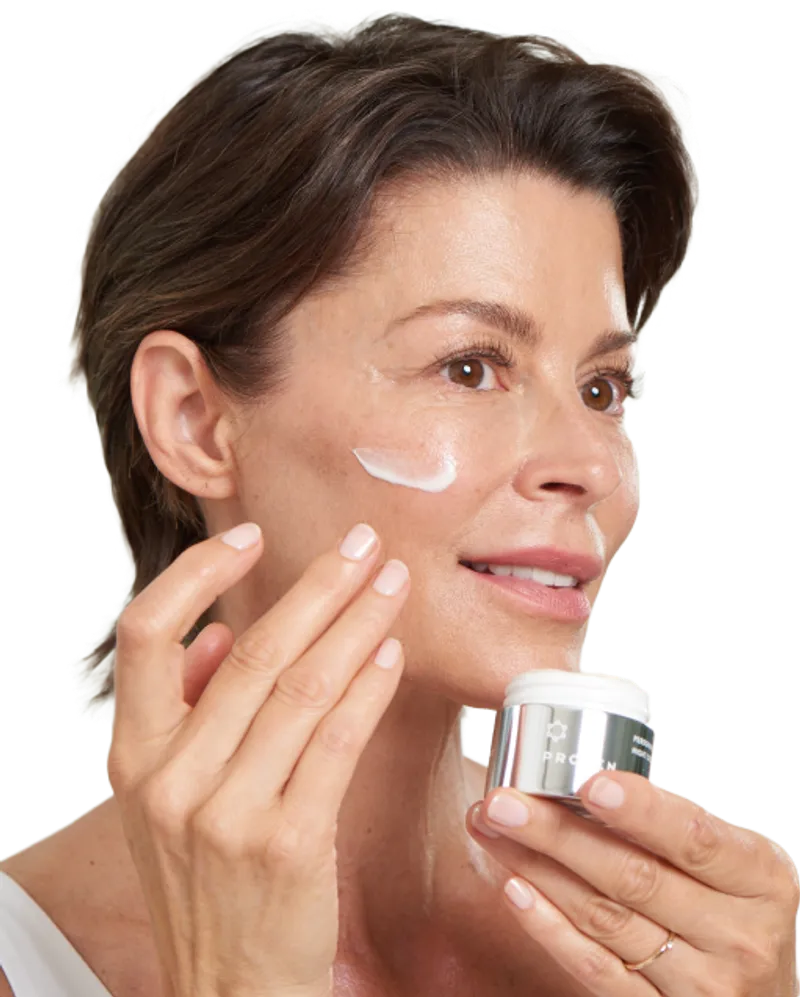
If you have a skincare routine or just subscribe to the basics of skincare, you’ve probably tried a night cream—maybe you even use it every night (good for you!). But have you ever wondered why your skin might require a different moisturizer at night versus during a daily moisturizer? Is it some kind of marketing ploy, or is there any truth to the notion that your skin prefers one kind of cream at night and another during the day? We’ve got the scoop.
Why Night Cream?
While many use the same moisturizing cream or lotion for both day and night when choosing skincare products, they may be wasting some benefits. Most day moisturizers are formulated with sunscreen which is something you should wear everyday, without fail, no matter the weather. UV rays are present when it's sunny, overcast or windy. Unless you live in the land of the midnight sun, SPF is not necessary at night.
The Best Night Cream for You
Beneficial night cream ingredients, like glycerides, fatty acids, and ceramides, moisturize and repair the skin barrier, so they’re perfect for rejuvenating dry skin. You may see them paired with some firming ingredients, like retinol, lactic acid, and peptides, which tighten the skin and support collagen production. Then also on the anti-aging front, you have your antioxidant ingredients, like vitamin A, vitamin E, CoQ10, and green tea, which protect against sun damage and environmental stressors—as well as hyperpigmentation-fighters, like hydroquinone, kojic acid, and licorice, which even out the skin tone. Glycolic acid offers overnight benefits, addressing texture, tone and help diminish the appearance of fine lines and wrinkles.
You may notice your skin actually looks better, first thing in the morning. When you sleep (increased sleep also helps), your body goes into a type of repair mode and this is when it produces new cells that help boost collagen production. You'll also notice how tired you look after a poor night's sleep as lack of sleep will interrupt collagen production.
Of course, it’s not just about the ingredient names listed on the package. Levels of ingredient concentration matters too, which is why the personalized skincare movement has proven so valuable. Some ingredients, like retinol, can cause irritation in unaccustomed skin, while skin that’s well-acquainted with retinoids might need a stronger formula in order for it to have any impact. So, starting light and building up is key. And, remember, just because it’s a night cream, doesn’t mean it’s an overnight miracle. Since the average person’s skin cells experience a full turnover about once every month, you should give a new formula at least that long before you give up on it.
The Verdict






